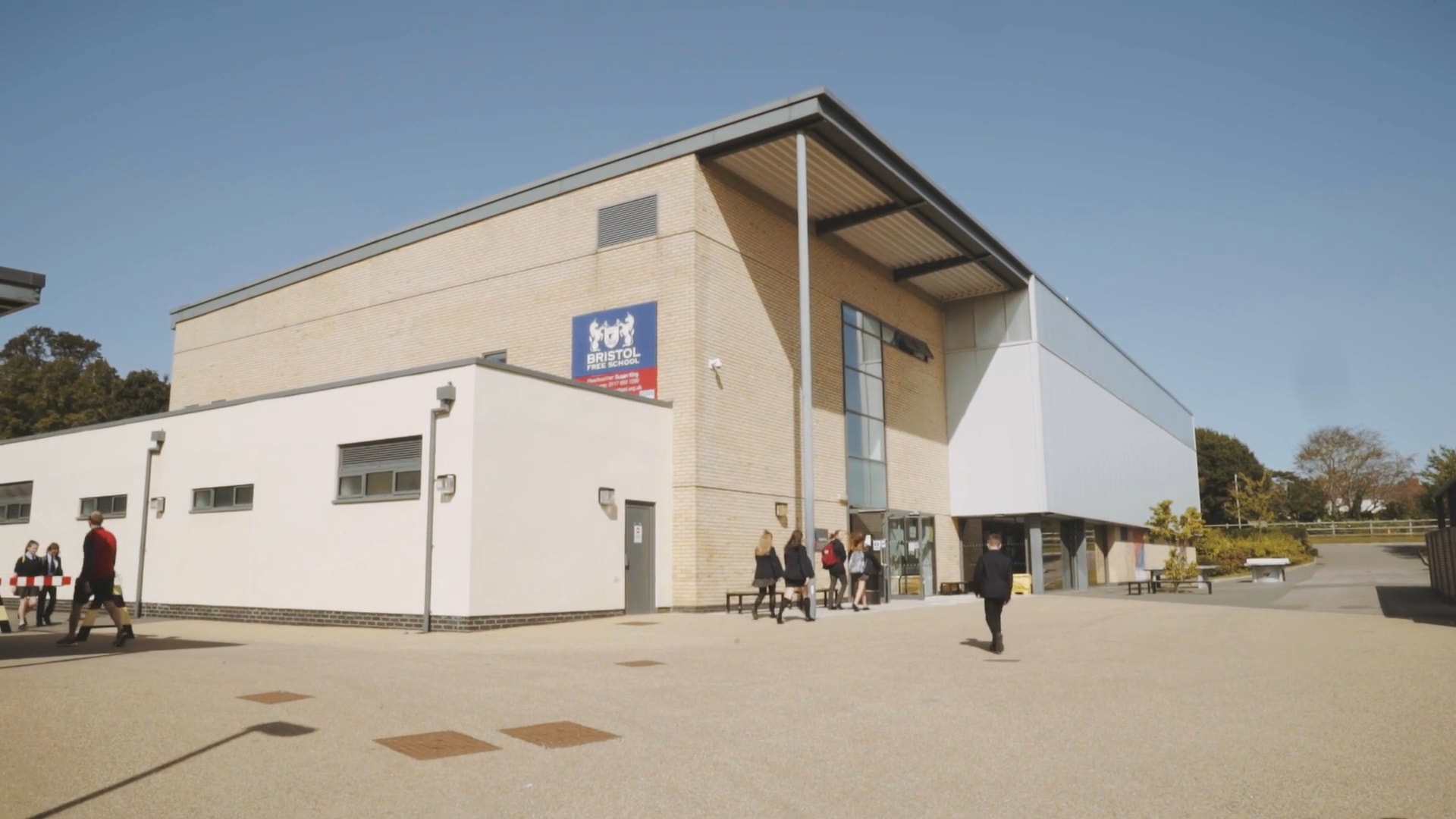
Students will get used to Spanish pronunciation whilst learning how to introduce themselves, talking about their own personality and other people's using the verb 'tener' and 'ser' and a variety of adjectives. They will be introduced to numbers and months in order to talk about birthdays and use simple connectives and definite and indefinite articles.
During Term 1, students will be tested on the vocabulary weekly. At the end of term, students will sit a listening and a reading assessment. Both task test understanding of short extracts made up of familiar language in the context of animals and family. The assessment is in the format of multiple-choice questions and short text answers.
Students are introduced, in many cases, to formal language learning which helps them to better understand their own language. Students build confidence in public speaking through speaking tasks in groups, pairs - and even in presenting to the class. Students will begin to understand, and to appreciate, the differences in cultures and traditions thus helping them to be more tolerant and worldly individuals.
Students develop their ability to listen to each other for key information. Through their learning of different cultures they discover how to appreciate differences and similarities between peers.
Students will consider leisure activities, how to describe the weather and revisit giving opinions. They will be introduced to more variety of regular verbs in the present tense and infinitives after 'gustar'.
Students will be assessed regularly on their vocabulary knowledge of this topic. The speaking focus allows students to take part in a
simple conversation, asking and giving information about hobbies. They will also complete two translation tasks.
Students will be introduced to being able to expressing their opinions on their hobbies and past times. By building up this bank of phrases, and in better understanding the grammar of gender, and plurals, students will become confident in speaking Spanish.
In beginning Spanish together at the same level, students will feel supported by peers to express opinions and to begin to communicate with others through a different language.
Students will learn to describe school subjects and facilities and justify their opinions using connectives. Listening skills will be developed with particular focus on context. Students will read about the right to education in developing countries.
Students will be assessed weekly on vocabulary. The end of term assessment will consist of a reading and listening assessment. These tasks test the understanding of a short extracts made up of familiar language in context of school life
School is a topic in which all students can voice an opinion -given that it is a shared experience. Students will be able to express their opinions on teachers, school subjects and what they do in their free time in school. Students will become increasingly confident in their speaking, and writing skills, in using focused vocab sheets which help them build upon their understanding Spanish grammar.
Given that all students will have a common understanding and shared experience of school, this is a very accessible topic in which they can build confidence in speaking and in vocabulary recognition.
Students will talk about family members, friends and their houses, how to describe their own appearance and the appearance of others. They will use possessive adjectives and will deliver a presentation about where people live using descriptive language, expressing and justifying opinions.
Students will be assessed weekly on the vocabulary for this module. The speaking task at the end of the unit allows students to prepare a presentation about their family members. They will also complete a short creative writing task.
Students will begin to understand and conjugate verbs in the present tense. Students will be able to talk about their friends, family and hobbies and will feel a much more confident, an developed Spanish speaker.
Students will learn about different family dynamics in Hispanic speaking countries, and in doing so will also feel comfortable in speaking about their own family and friendship situations. In learning this vocabulary, and in continuing to consolidate previously learnt grammar, students will have the tools to express opinions about outside-school life.